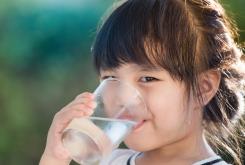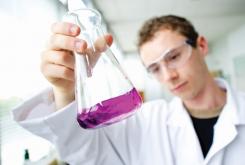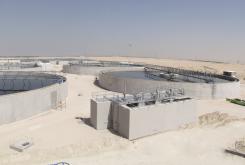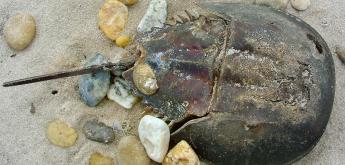Beating Plastic Pollution on World Environment Day 2023
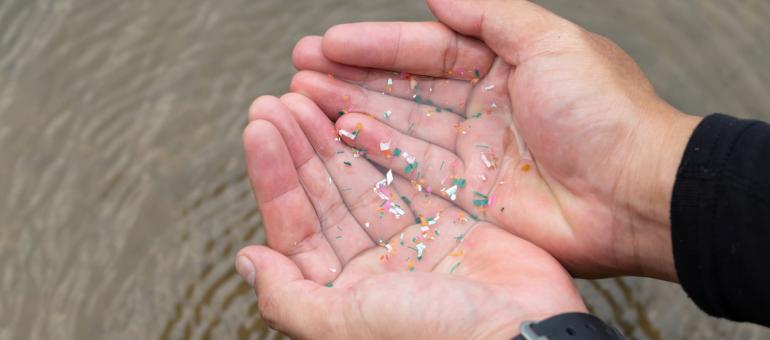
Every year on June 5, World Environment Day (WED) raises awareness of environmental issues and motivates people all over the world to take action to protect our shared environment. This year’s theme is #BeatPlasticPollution, shining a light on this worldwide issue. At Veolia Water Technologies & Solutions, our priority is addressing this growing concern to tackle the ongoing global challenge of protecting our planet. For WED, we caught up with Robert Flis, Senior Product Manager of Research and Innovation, to discuss the biggest microplastic challenges, resolutions, and regulations.
What are microplastics?
Microplastics are tiny plastic particles that are less than 5 millimeters in size. They form through the degradation of larger plastic items or as by-products of the manufacturing processes of various plastic precursors and products. They pose a significant environmental threat as they accumulate in ecosystems, as they can easily be ingested by marine life and terrestrial organisms. Microplastics have adverse effects on wildlife and enter the food chain, impacting human health as well. This global issue has raised concerns among the public and scientific community alike and has led to increased research and efforts to mitigate plastic pollution.
What are the biggest problems and misconceptions around microplastics?
Microplastics accumulate and are spread widely in the environment, posing a significant problem to ecosystems, marine life, animals, and human health. There are concerns about the health effects of microplastic ingestion to humans, although more research is needed. Common misconceptions are that microplastics are only found in cosmetics and that they are easily visible, which is not the case. Regulations and management of microplastics are still in the early stages. We need comprehensive policies to address production, use, and disposal of microplastics. Collective efforts are needed to reduce plastic waste, improve waste management, promote recycling, and raise awareness about the risks of microplastic pollution.
What are some of the challenges to removing microplastics and how does Veolia technology address this?
Microplastic pollution poses a significant environmental challenge, but advanced water treatment technologies — including Veolia manufactured products and services such as chemical coagulation, flocculation, enhanced gravity clarification, ultrafiltration, and reverse osmosis coupled with Veolia proprietary membrane cleaning protocols — have proven to be an effective at a major plastics manufacturing facility in the United States. Microplastics' small size and diverse sources make their removal difficult, but with proper treatment and clarification, followed by ultrafiltration, they are selectively captured using specialized membranes. In addition, with its tiny pore sizes, reverse osmosis effectively filters out microplastics and other contaminants, paving the way for water reuse. By integrating these technologies into water treatment processes, Veolia can combat microplastic pollution, protect ecosystems, and ensure cleaner water supplies for a sustainable future.
Microplastics are unique pollutants that are treated very specifically while still having to remove other specific dissolved pollutants. Veolia processes are optimized to treat all effectively without compromising one another.
How can manufacturers determine the best solution?
To determine the best solution for addressing microplastic concerns, manufacturers must first assess their current state and compliance requirements to set goals of microplastic removal. Next, manufacturers should consider partnering with a technology expert like Veolia and research available technologies and offerings. This should be followed by broad feasibility studies, pilot testing, and demonstration plants to help evaluate the suitability of different technologies and solutions within their operations.
Consulting experts such as Veolia and life-cycle assessments are crucial for making informed decisions. Collaboration with industry peers and participation in sustainability initiatives provide valuable insights. By following these steps, manufacturers can identify the most effective and sustainable approaches to mitigate microplastic-related issues in their production processes.
There is a long road to microplastics regulations. What can manufacturers do now to protect the environment from microplastics?
Primarily, manufacturers can acknowledge the global issue of microplastics and take immediate action to protect the environment from them. They should set realistic goals to reduce microplastic generation by auditing their current state, instituting alternative manufacturing guidelines, and optimizing production processes. Implementing robust plastic waste control systems at the sources of generation, improving product design, and fostering a culture of environmental responsibility are crucial to success. Collaboration, supporting research and innovation, and engaging in voluntary initiatives demonstrate commitment. Advocating for regulations and policies addressing microplastic pollution is essential. By implementing these measures, manufacturers can contribute to a cleaner and more sustainable environment.

